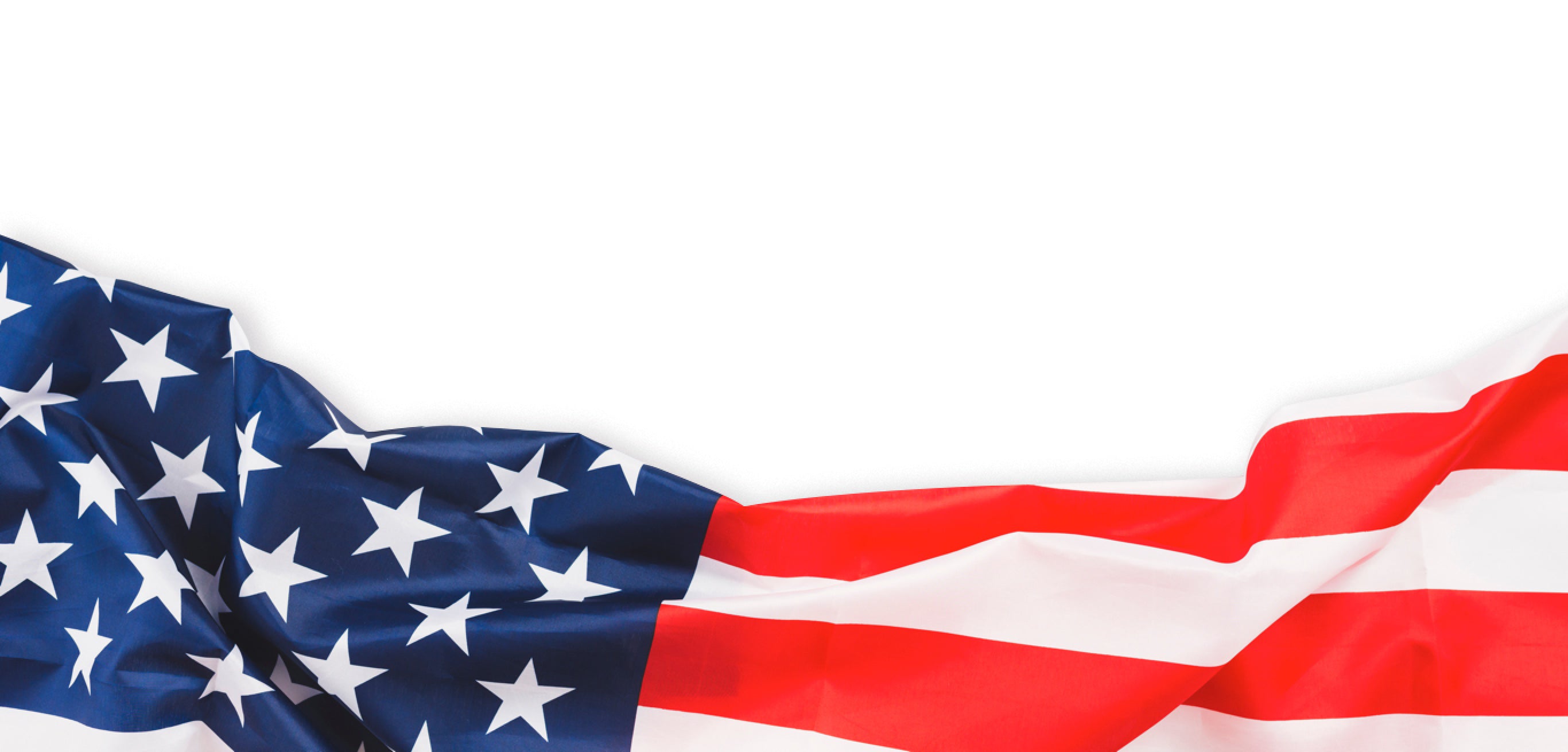
The Evolution of Columbus Day
Justin Humphries,
Despite its status as a national holiday, Columbus Day is one that many people just aren’t sure how to celebrate. Most of us know who Christopher Columbus was: the European adventurer who was among the first to land in “the new world.” But how, exactly, do you celebrate this?
Alongside commemorative holidays like Independence Day, Columbus Day can get lost in the shuffle. Sure, federal employees get a day off of work… but most of us tend to spend it lazing around or catching up on chores and errands. It’s hardly an homage to Columbus! That’s why, in recent years, there’s been a movement to re-think the significance of Columbus Day: what it means, how we celebrate it and what it stands for.
Before we dive into the proposal to transition Columbus Day into Indigenous Peoples’ Day, let’s take a brief look at the history of Columbus Day and why this holiday was originally designated as one of the 11 Federal Holidays.
Columbus Discovers the Americas (1492)
Columbus Day originated as a result of Italian-born explorer Christopher Columbus discovering the Americas. Intending to reach China and India, he mistakenly landed in the Bahamas on October 12, 1492. In school, you probably learned the sing-song-y rhyme, “Columbus sailed the ocean blue in 1492.”
Columbus was the first European to explore the Americas since the Vikings had landed in Greenland and Newfoundland centuries prior. He later discovered Cuba and Hispaniola during his expedition. After the initial discovery—and still thinking he had found Asia—Columbus returned to the Americas multiple times. On his third trip he realized his discovery was not Asia but a land previously unknown to the Europeans. He claimed “the new world” for Italy.
Columbus Day is First Celebrated (1792)
It took us a long time to formally celebrate Columbus Day. The first Columbus Day celebration took place when New York's Columbian Order organization (Society of St. Tammany) hosted a special event. This event was held to honor the 300th anniversary of Columbus' arrival in the Americas. From that time forward, annual events were held throughout the country by Catholic and Italian communities to honor Columbus.
President Franklin D. Roosevelt Proclaims Columbus Day a National Holiday (1937)
In 1937, President Franklin D. Roosevelt proclaimed that Columbus Day would be celebrated nationwide. This was likely due to the continued urging by the Knights of Columbus, a prominent Catholic organization with great influence.
It was initially decided that Columbus Day would be celebrated every October 12. However, in 1971, the holiday date was changed and Columbus Day would be celebrated on the second Monday in October going forward.
Columbus Day of Today
Columbus Day is seen in a different light by many individuals today. In fact, there has been much controversy related to celebrating Christopher Columbus during this national holiday. In response, some states have begun to replace Columbus Day with Indigenous Peoples’ Day. These states include Alaska, Hawaii, South Dakota and Oregon. Many major cities have also followed suit, including Los Angeles, Denver and Phoenix.
President Joseph R. Biden Jr. Proclaims Indigenous Peoples’ Day (2021)
In 2021, President Joseph R. Biden officially proclaimed October 11, 2021 Indigenous Peoples’ Day. While his proclamation only specified that specific year, it sets a precedent for the future shift away from Columbus Day to a permanent Indigenous Peoples’ Day. In his executive memo, President Biden stated:
On Indigenous Peoples’ Day, we honor America’s first inhabitants and the Tribal Nations that continue to thrive today. I encourage everyone to celebrate and recognize the many Indigenous communities and cultures that make up our great country.
Why the Shift to Indigenous Peoples’ Day?
The decision of many cities and states to re-brand Columbus Day as Indigenous Peoples’ Day is a complicated one. While many see it as revisionist history, others argue the importance of recognizing the real story of Columbus’ adventures to the Americas.
The argument boils down to one of recognition. Advocates of Indigenous Peoples’ Day argue that celebrating Columbus as the “discoverer” of the Americas erases the important history of the native peoples who lived here first. The claim that celebrating Columbus means celebrating the erasure of Native American history and crediting the land to the first European explorer to take it from its original inhabitants.
Indigenous Peoples’ Day is meant to recognize the contributions of Native Americans in the earliest establishment of our country—their role in everything from tending the land, to helping the settlers, to establishing the earliest traditions. More important, however, Indigenous Peoples’ Day is meant to “never forget the centuries-long campaign of violence, displacement, assimilation, and terror wrought upon Native communities and Tribal Nations throughout our country.”
Learn and Honor the Origins of Our Country
No matter what the name may be—Columbus Day or Indigenous Peoples’ Day—everyone should keep in mind what this holiday signifies. It commemorates the earliest days of our country’s history, when it was in its infancy. It signifies the land we stand on today, the people who helped shaped it and the origins of how we came to be Americans.
Visit The Flag Shirt and explore our large selection of patriotic clothing. From American flag polo shirts and button down shirts to patriotic neckties and other accessories, you’ll find any type of American-themed clothing and accessories you’re looking for! Come browse styles for men, women and kids, and show your patriotic spirit in the most stylish way possible.













